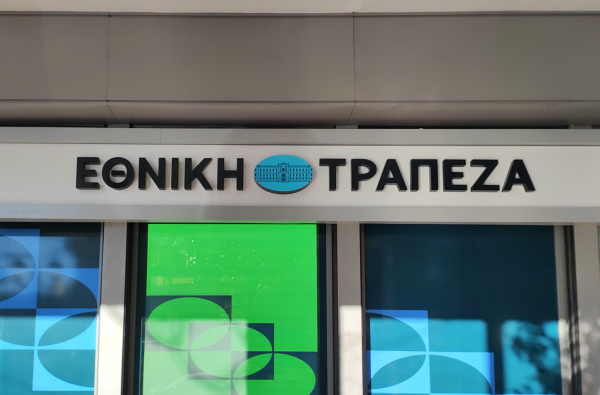According to the ECB, collective agreements signed through employer-union negotiations show a marked slowdown in wage growth. In 2024, wages rose by an average of 4.7% under these agreements. So far in 2025, that figure has dropped to 3.1% — and to just 2.9% when excluding one-off payments such as bonuses and retroactive adjustments. For comparison, the equivalent figure in 2024 was 4.9%.
It is important to note that these figures do not reflect wage increases for all workers, but only those covered by collective agreements. On average, 48.8% of employees in countries included in the ECB’s index were covered by such agreements in 2024. That coverage has dipped slightly to 47.4% in 2025.
The ECB emphasized that this downward trend is not surprising. It reflects, in part, the technical effect of large one-off payments made in 2024 that are not being repeated in 2025, as well as the fact that many sectors front-loaded wage hikes into last year. Even when removing these one-off factors, the ECB’s index still shows a deceleration — from 4.2% in 2024 to 3.8% in 2025.
These figures are not forecasts but projections based on current CLAs. For a more comprehensive assessment, the ECB referred to the broader macroeconomic projections released last Thursday by Eurosystem experts. These suggest an average wage growth of 3.2% per employee for 2025, but with a clear downward trend throughout the year — falling from 3.5% in the first quarter to 2.8% in the fourth.
Amid this broader Eurozone context, Greece stands out for all the wrong reasons. The ECB data reveal that the country has the lowest rate of CLA coverage in the Eurozone, and the trend is worsening. While it was already understood that Greece lagged in collective bargaining, data until now had been murky. The Greek labor institute INE-GSEE had previously estimated that around 31% of private-sector employees were covered by sectoral or occupational agreements in 2024. However, because only 9 of 43 active agreements were declared universally binding, actual coverage was understood to be significantly lower.
The ECB now confirms just how low: according to figures from the Bank of Greece, only 16% of Greek workers were covered by CLAs at the start of 2024. That number rose to 19.3% in the first quarter of 2025 — still the lowest among all Eurozone countries. Looking ahead, the situation appears to be deteriorating. The ECB projects coverage in Greece to fall to 16.2% in the second quarter, and to plummet to just 8.2% by the end of the year.
These projections are based on the current set of agreements in force, many of which are set to expire in the coming months. The ECB’s data starkly illustrate Greece’s ongoing failure to develop a robust system of collective bargaining, in contrast to the European Union’s objective of 80% CLA coverage across member states — a target that, in Greece’s case, appears far out of reach.
The Greek Ministry of Labor is currently drafting legislation aimed at developing a roadmap to strengthen sectoral collective bargaining, in line with EU directives. Yet despite these intentions, the timeline for implementation remains uncertain.
A key obstacle is a legal requirement introduced during the country’s bailout era, which mandates that for an agreement to become universally binding, unions and employer associations must prove they represent over 50% of the sector’s workforce or businesses. In practice, this threshold often paralyzes negotiations, as employer associations can undermine the process by withdrawing or refusing to participate.



























